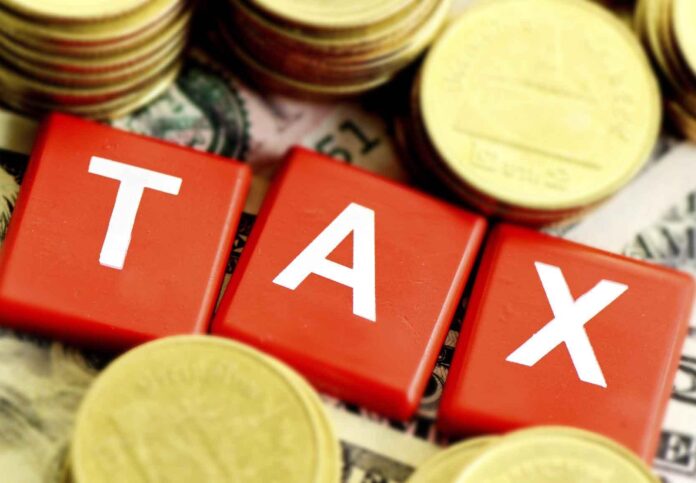Abuja, Aug. 29, 2023: The Federal Government says it is committed to attain the global best practice of nearly 20 per cent taxation on the final retail price on all Sugar Sweetened Beverages (SSBs).
Dr Chukwuma Anyaike, Director, Head Public Health Department, Federal Ministry of Health disclosed this on Tuesday in Abuja at the Pro-Health, Tax Policy Campaign on Sugar Sweetened Beverages
According to Ayaike, Non-communicable Diseases (NCDs) continue to remain the leading cause of death in Sub-Saharan Africa and the World Health Organisation Assembly has endorsed a package of 16 evidence based interventions focusing on addressing NCD Risk Factors.
These he said included tobacco, harmful use of alcohol, physical inactivity and unhealthy diet.
“One of the interventions is the use of taxes on products that have a negative public health impact with the explicit goal of reducing consumption of such products.
“These taxes are considered to have the potential to reduce NCDs while advancing health equity.
“To achieve that, this campaign aligns with other government efforts in improving the public health of the Nigerian populace to meet up with the global priority of significantly reducing NCDs.
“Excess consumption of SSBs has become a significant public health concern and a threat to the future generation as its consumption is high among children and adolescents,” Ayaike said.
He explained further that numerous studies had linked high consumption of SSB to an increased risk of tooth decay and cavities, weight gain, obesity, type 2 diabetes, cardiovascular diseases, chronic obstructive pulmonary disease, cancer and other NCDs.
“The World Health Organisation (WHO) advises that limiting the intake of sugar-containing drinks can help individuals maintain healthy weight and healthy dietary pattern (WHO 2020).
“Nigeria is a low and meddle-income country where more than 70 per cent of the populace pay for health expenditure out of pocket and a part of the countries with 77 per cent of the global 41 million deaths caused by NCDs.
“This has been established by WHO and duly captured in Nigeria’s road map to eliminating the scourge of NCDs as contained in the multisectoral action plan (NMSAP) for ending NCDs.
“Which is under the purview of the Non Communicable Diseases Division of the Federal Ministry of Health. This campaign is therefore vital to actualisation of the reduction of SSB usage in Nigeria,” the director said.
On his part, Mr Edozie Chukwuma, a member of the National Action on Sugar Reduction (NASR) an NGO, organisers of the campaign said the campaign was to call on government to increase the tax of SSBs.
“Currently Nigerian government collects N10 tax per litre which was instituted via the finance act however, WHO recommends at least 20per cent tax.
“To ensure that this taxation is passed to the consumers to discourage consumption and forcing people to should alternative which is basically water and fruits.
“Currently there is a burden of non-communicable diseases in the country and it needs to be addressed , it’s an all time high with over 75 per cent of Nigerians paying from their pockets for the treatment.
“Consumption of sugary drinks is affordable and accessible to the middle and low income earners, you can not compare the cost of consumption over the cost of treatment,” he said.
Chukwuma therefore urged government to protect Nigerians by increasing the tax on each litre of SSBs and the channel revenue from sugary drinks into funding of healthcare.
A sufferer of the type 2 diabetes at the campaign, Mr Peter Agada, advised Nigerians to reduce or totally eliminate the consumption of SSBs adding that we are what we eat.
“I have suffered this disease for 26 years now, it is not a palatable story to tell, in our societ that nearly everything we eat has carbohydrates base, we should stay clear of SSBs, one out of 17 persons in Nigeria is a sufferer.
“So it something that government should really wake up and do something about, by involving agencies like National Orientation Agency, and other related agencies to create awareness.
“We need to wake up to knowledge based eating, minimise on your carbohydrate, eat a lot of vegetable, if you afford fruits, eat your fruit whole don’t blend it, eat them as natural as they come,”Agada said.




